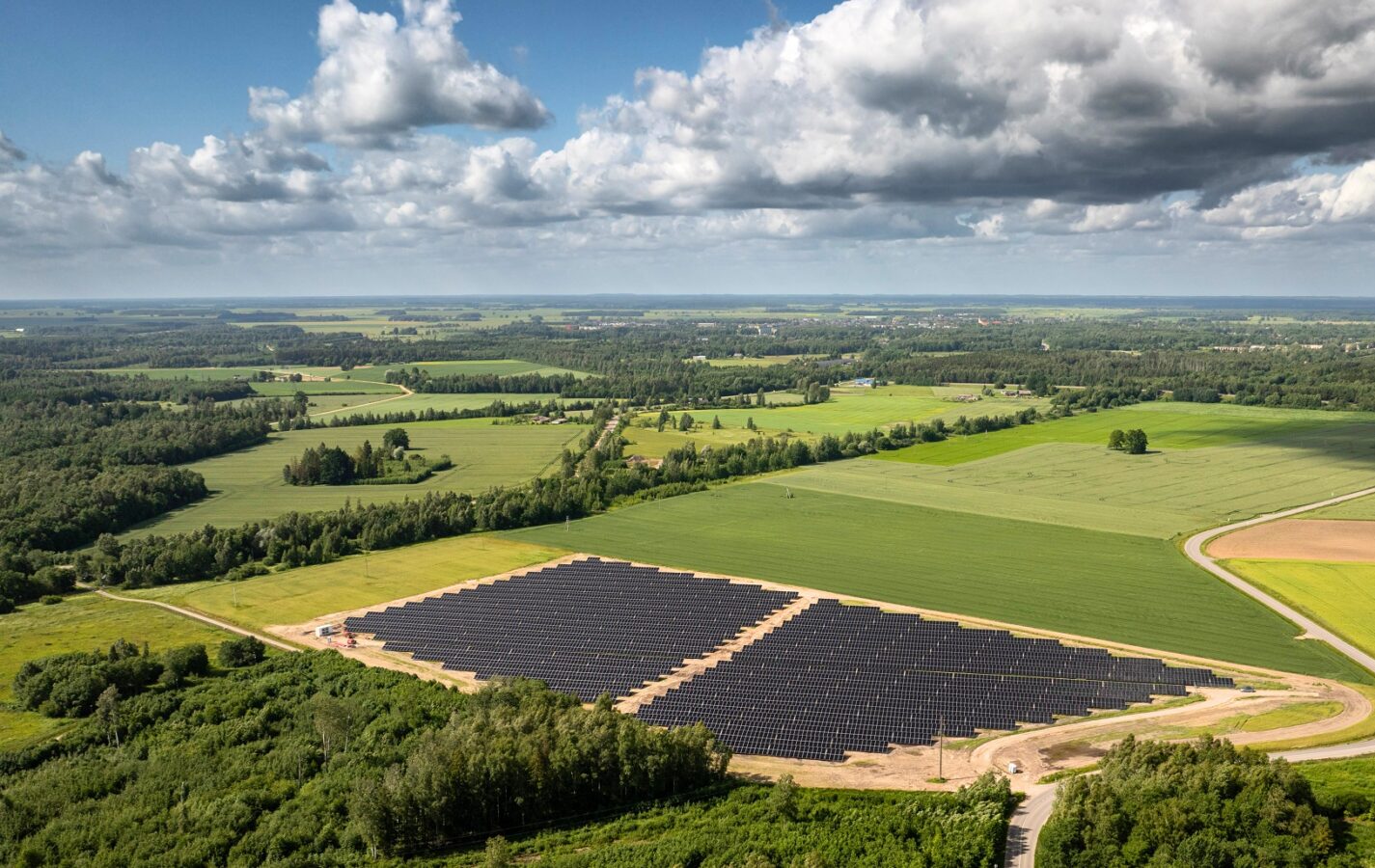Type in a search word
What are you looking for
Nearly €400 million invested in green technologies: Lithuanian businesses see both challenges and opportunities
The green transition is currently one of the most pressing issues across the European Union. According to data from the Innovation Agency, Lithuanian industry is allocating increasing amounts of funding to the deployment and development of clean technologies – with €376 million invested over the past year.
Challenges for businesses
The EU’s green transition is reshaping the rules of competition. Companies are required to reduce their environmental impact, implement energy efficiency solutions, and ensure more sustainable supply chains.
According to Raminta Radavičienė, Director General of the Lithuanian Confederation of Industrialists (LPK), the green transition, while an unquestionable direction, presents many challenges for the country’s businesses.
“The green transition is essential for Lithuanian industry, but without a consistent investment and competitiveness plan, companies risk facing unequal conditions. Since we are imposing high standards on our own manufacturers, we must ensure protective mechanisms – products from third countries that do not meet these standards must not flood the European market,” says Radavičienė.
A similar dilemma is noted by VMG Group’s Head of Sustainability, Vilma Burškytė, who highlights
the dual impact of the green transition.
“Concerns about the green transition are justified – changes are happening extremely fast and in many directions, and their implementation requires significant resources. However, in the long term, integrating sustainability becomes a necessary condition for maintaining competitiveness,” says Burškytė.
Investments help businesses compete
For companies, the green transition means not only reducing emissions but also investing in technological renewal. One of the biggest challenges is how to turn these investments into a competitive advantage rather than just a cost item.
“In our group’s view, every investment in sustainability must create added value – increasing resilience, efficiency, or meeting customer expectations. Energy efficiency solutions and the expansion of renewable energy projects reduce long-term costs, while circular economy models ensure the rational use of raw materials,” explains Burškytė.
According to her, the group has already installed solar power plants, applied ORC technology for energy generation, and integrated artificial intelligence solutions into production processes, enabling waste reduction and process optimization. However, alongside business efforts, the role of the state is also crucial.
In the opinion of Audronė Janulaitytė, Acting Head of the Innovation Agency’s GreenTech Hub, more effort must now be devoted to accelerating the deployment of technologies in hard-to-decarbonize sectors – such as chemicals, cement, glass, and metal processing industries. She notes that in these areas, symbolic measures are not enough – large-scale demonstration projects, faster permitting, and infrastructure solutions are required.
According to the Innovation Agency, €376 million has already been invested in the deployment of clean energy technologies in industry over the past year, with nearly 500 projects receiving funding. The largest investments were made in the Telšiai, Kaunas, and Šiauliai counties. It is estimated that Lithuanian companies have currently allocated €332 million for the deployment of existing clean technologies, while €44.5 million has been invested in the development of new technologies.

